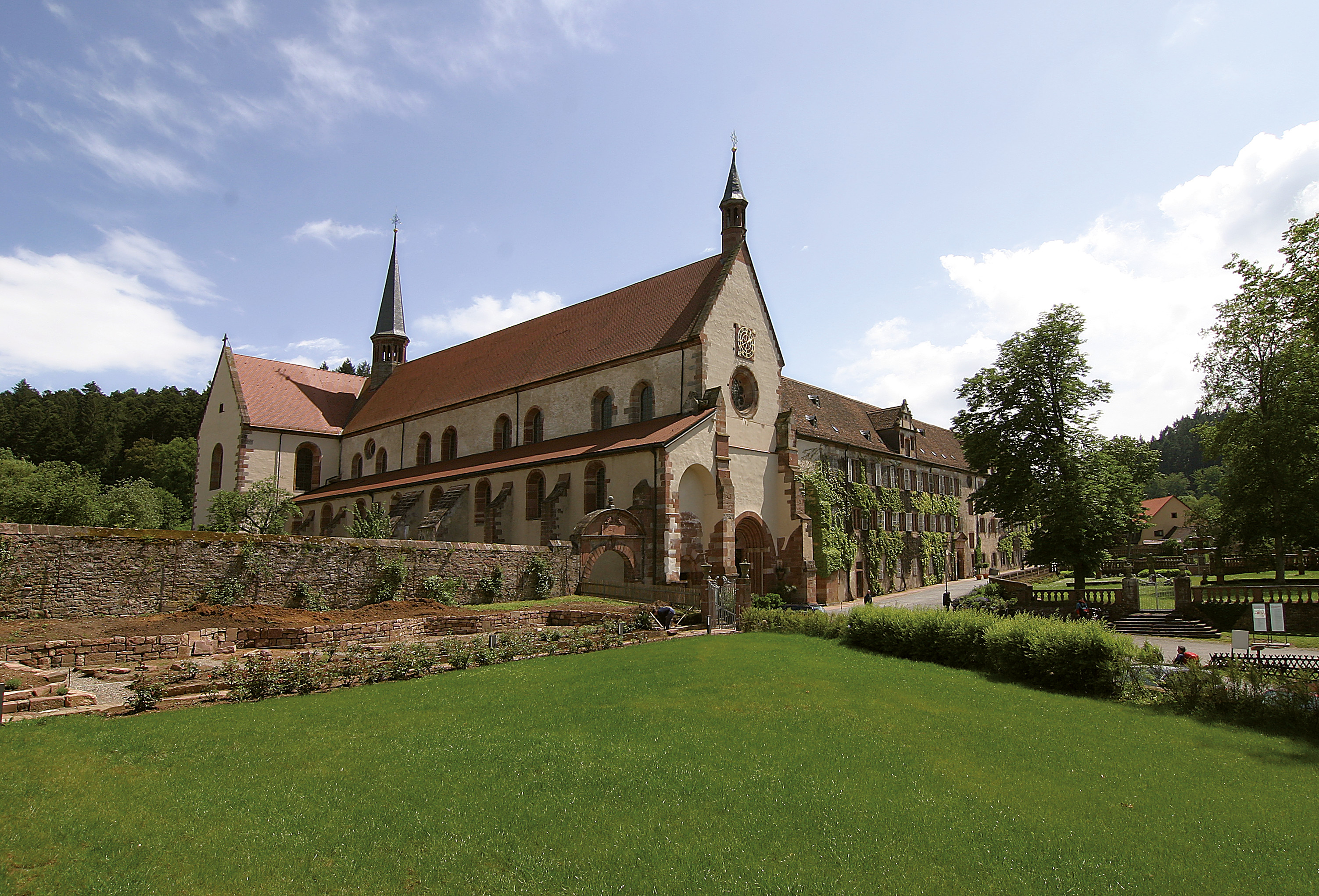Research Collaboration for Cultural Heritage Conservation
The signing of a memorandum of understanding in the Altes Museum in Berlin on October 28, 2008 launched the interdisciplinary research alliance cultural heritage FALKE as a joint initiative of the Fraunhofer-Gesellschaft, the Leibniz-Gemeinschaft, and the Prussian Cultural Heritage Foundation.
The aim of the alliance is to bundle the social, natural, and cultural studies expertise of the three partners in order to jointly develop and test new approaches and methods for the restoration and conservation of cultural artifacts; to further intensify the knowledge transfer between research and actual restoration; and to further embed the significance of cultural heritage in the public consciousness.
The alliance unites 15 Fraunhofer Institutes, eight Leibniz research museums, and five major institutions of the Prussian Cultural Heritage Foundation – among these the National Museums of Berlin. Together, these aim for an active exchange of experiences and ideas. Especially the development of innovative restoration and conservation techniques are to be advanced within joint research projects. Two additional concerns addressed by FALKE are the support of young researchers as well as the expansion of national and international networks.
Fraunhofer-Gesellschaft and Leibniz-Gemeinschaft have been collaborating within FALKE since 2006. The addition of the Prussian Cultural Heritage Foundation to the alliance brought with it one of the worldwide largest collections of cultural artifacts, which at the same time holds the world’s oldest conservation research institute.
